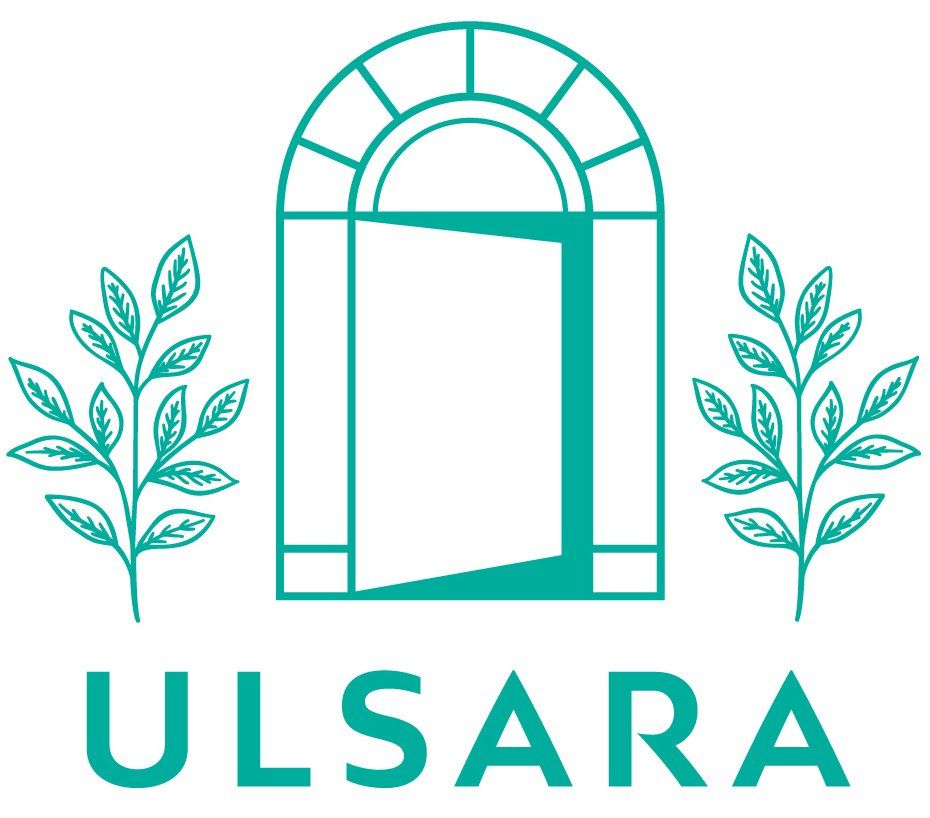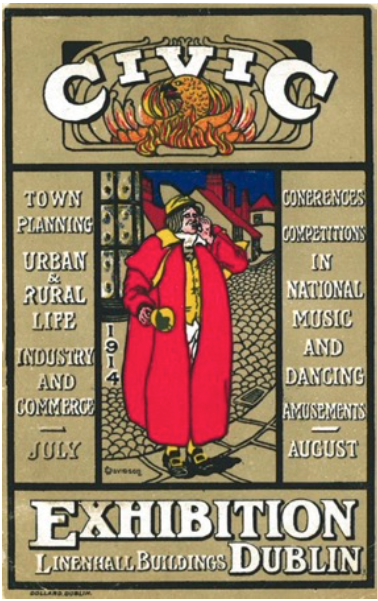Active citizenship and urban conservation
Patrick Geddes in Dublin
Think Global, Act Local
The work of Ulsara over the past five decades illustrates the value of an active citizenship that is engaged with a local area and local issues, and that seeks to achieve a balance between urban conservation and inevitable change. This work can be seen to reflect many ideas of Patrick Geddes (1854-1932), one of the founding fathers of the town-planning movement.
In 2018, Dr Philip Crowe wrote a chapter for Ulsara’s 50th anniversary book, Cherishing Heritage Preserving Community. In it, he drew a link between Ulsara’s work and that of Patrick Geddes (1854-1932), one of the founding fathers of the town-planning movement.
Read the full article by clicking on the image opposite.
________
It is 110 years since Geddes’ Cities and Town Planning Exhibition visited the RDS and posited ideas such as creating gardens for citizens in derelict spaces, repairing or rebuilding existing houses, and tidying back lanes. Like us, Geddes was living in a period of rapid and unprecedented technological, social and environmental change. In his 1915 text Cities in Evolution, Geddes observed the ills of the polluted and overcrowded industrial city and identified the need for a transition to an efficient and cooperative ‘neotechnic’ city that would reflect a new era of advanced technologies, and operate within the renewable and assimilative capacities of the planet.
To realise this new vision, Geddes considered it essential to build an involved and ‘a more enlightened and generous citizenship’. He also recognised the challenge in doing so, since people were, he thought, ‘half-blind’ to the city and its history. Geddes advocated starting the process of regeneration with local interventions that are ‘simple, easy, obvious, and things that everyone would approve of’. Much of Geddes’ work focused on civic engagement, connecting citizens with their place and with one another through building local knowledge and promoting local actions. Geddes believed that by understanding the local it would be possible to comprehend the global and therefore make local actions relevant. He also believed that small-scale changes could precipitate larger scale changes, perhaps prompting or precipitating a rethinking of urban planning and governance practices. Hence, the mantra Think Global, Act Local, is attributed to him.
From its inception, Ulsara has (consciously or inadvertently) tried to live up to Geddes’ ideals. Though we have not always succeeded, we continue to see how committed individuals can make a difference, how civic activism can succeed when it is resolute and sustained, and how a diverse range of talents and approaches are necessary for success. As we wrestle with how Dublin and areas like Ulsara will evolve in the future, it may be timely to revisit Geddes’ vision for local action and active citizenship.
Click on the image to read Philip Crowe's 2018 article on Patrick Geddes
Our members are our lifesblood. Please consider becoming a member - or if you have been a member in the past, please do renew your subscription.

